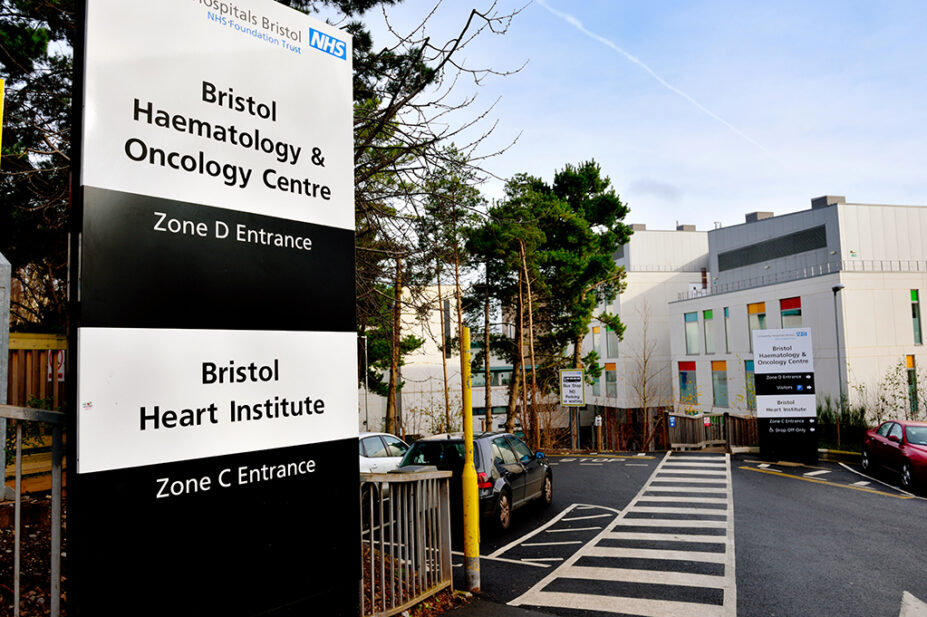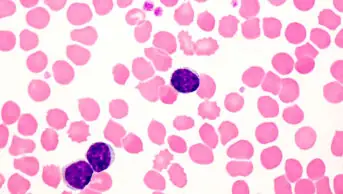
Charles Stirling / Alamy Stock Photo
A group of cancer care organisations, including the British Oncology Pharmacy Association (BOPA), has requested a meeting with Steve Barclay, secretary of state for health and social care, to address a “critical lack of capacity within oncology departments”.
BOPA, along with the Royal College of Radiologists, the Association of Cancer Physicians and the Oncology Nursing Society, wrote to Barclay on 18 May 2023 to request a meeting.
In the letter, the stakeholders say they have developed recommendations for how the UK government and NHS can support oncology departments, and would like to meet to discuss them.
“Demand for cancer treatment is increasing by approximately 6–8% every year, as cancer incidence rises,” the letter says.
“However, a lack of equivalent investment or support for the oncology workforce means departments are failing to keep pace. They are being asked to deliver more treatment with the same staffing numbers and without supportive tools to help them achieve this.
According to a policy briefing issued alongside the letter, shortages in qualified staff — including pharmacy, nursing and medical staff — are contributing to a growth in waiting lists for treatment.
“Oncology teams are having to create capacity in ways which compromise patient safety and quality of care and increase pressure on already overworked staff,” the letter adds.
“Many departments are having to make difficult decisions over whether to withhold access to approved treatments or prioritise which patients can receive treatment within a safe time at the expense of others.
“We know that for each month a patient is delayed from starting treatment, the risk of death increases by around 10%. These types of waits are now sadly routine.”
The stakeholders’ “ambitious yet achievable recommendations” include “quick wins, such as horizon scanning or capacity planning tools to support workforce planning, to longer-term measures, such as the desperately needed action to boost the oncology workforce”, the letter states.
The recommendations also include the development of a capacity planning tool to be used for each new cancer drug before or when it is approved.
“This should include an overview of what medical, pharmacy, nursing and physical capacity is required to roll out new treatments within a system and consider the potential impact on other departments, such as acute oncology services.”
The stakeholders also call for ongoing investment for cancer nursing and pharmacy workforces.
A spokesperson for the Department of Health and Social Care (DHSC) said: “We are fully focused on improving cancer outcomes and, as of January 2023, the number of NHS cancer doctors had increased by more than 50% compared to January 2010.
“This included an increase of over 3,000 — of whom 63% are consultants — who are working with teams to provide care and cut NHS waiting lists, one of the government’s top five priorities.
“We want to build on this progress and will publish a workforce plan shortly to ensure we have the right numbers of staff, with the right skills, to transform and deliver high quality services fit for the future.”
The spokesperson added that the DHSC will respond to the letter in due course.


